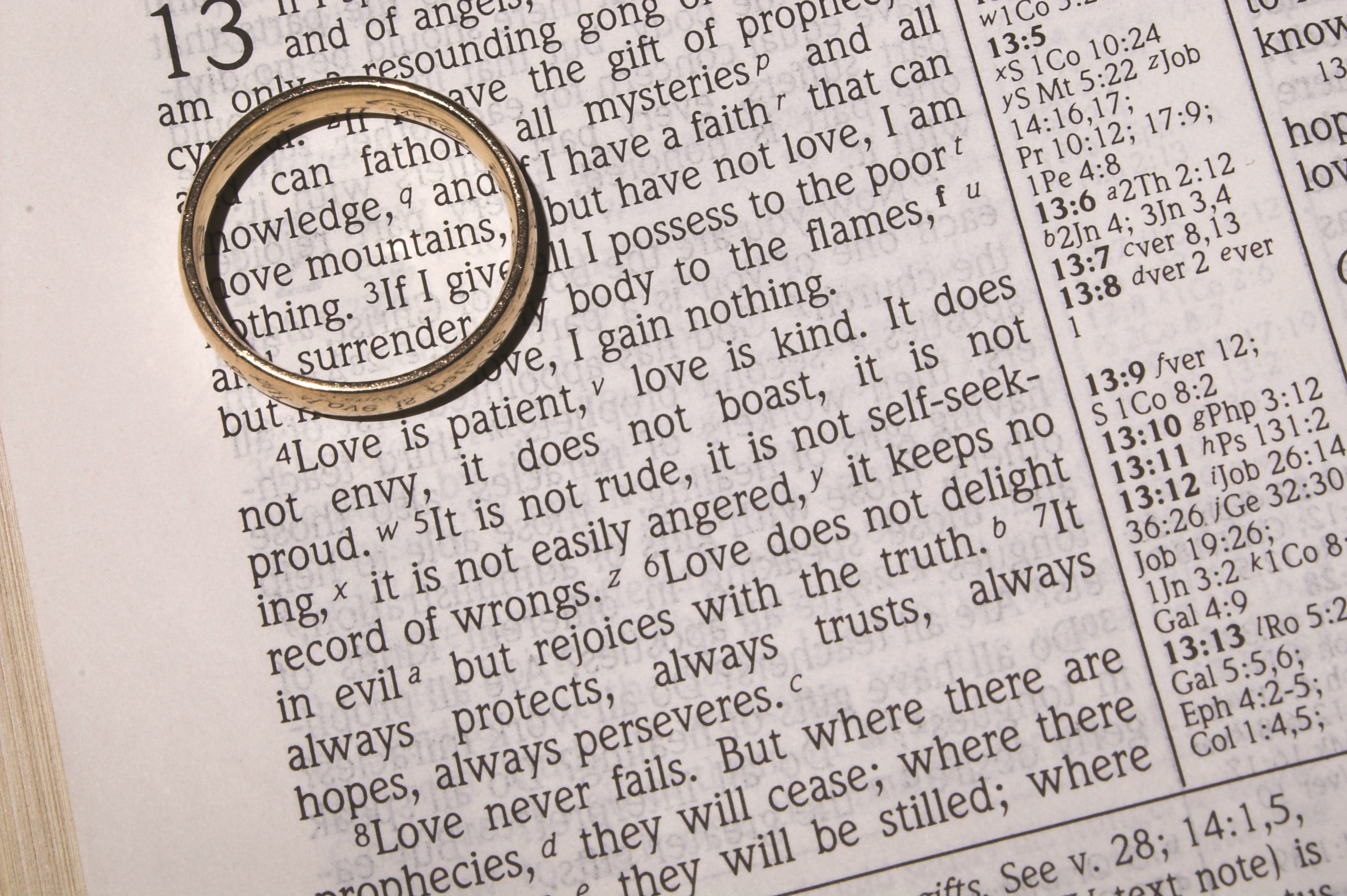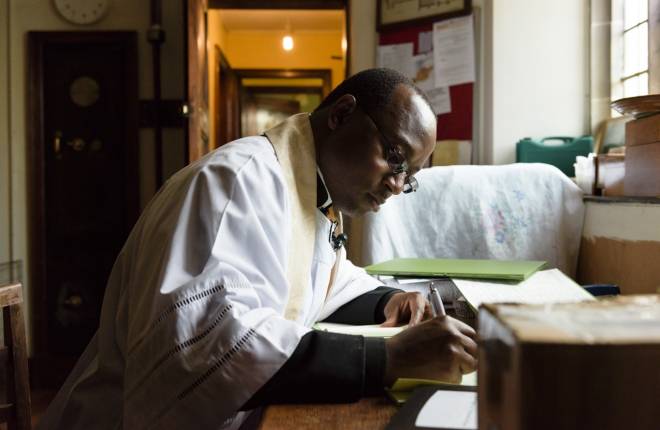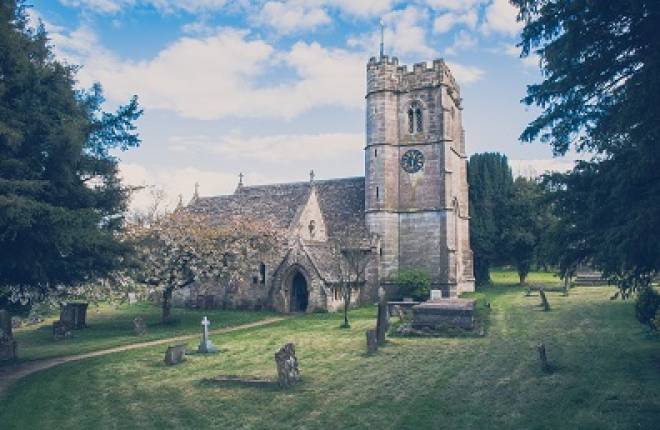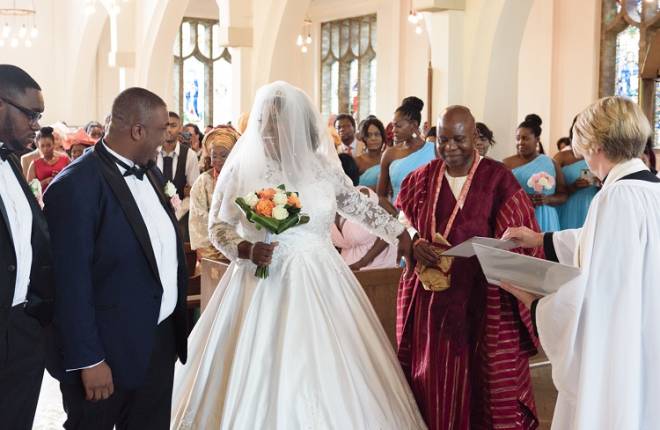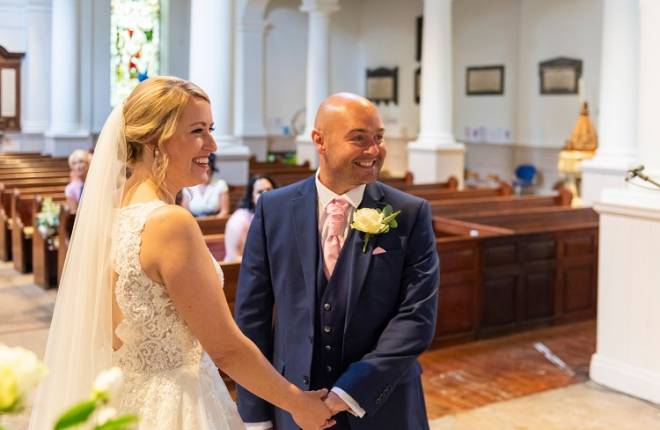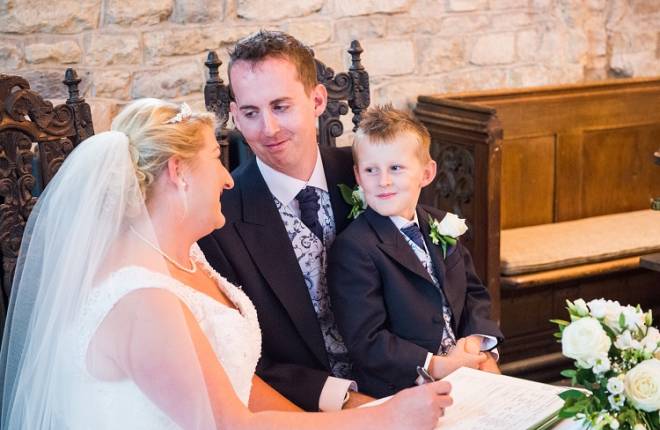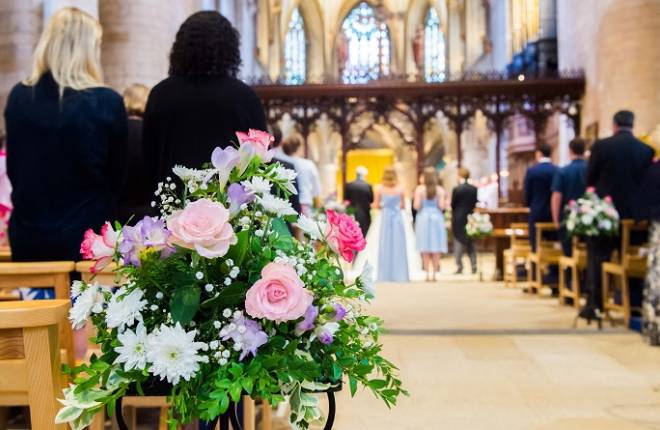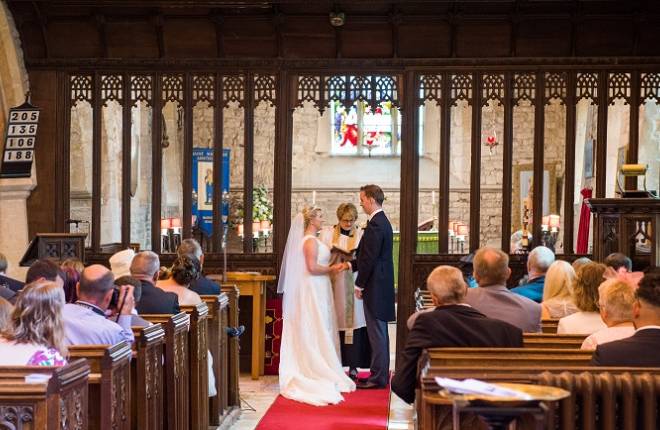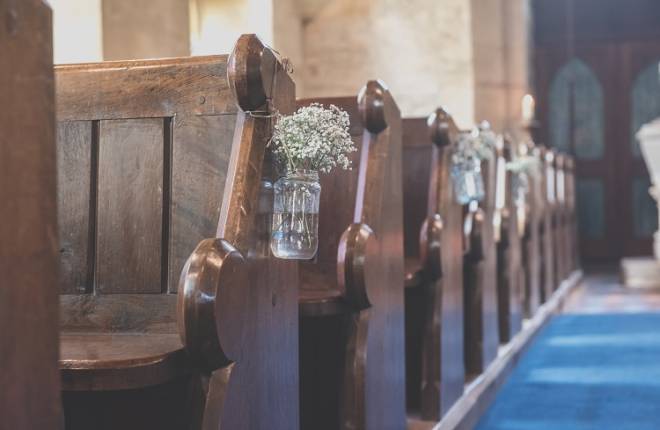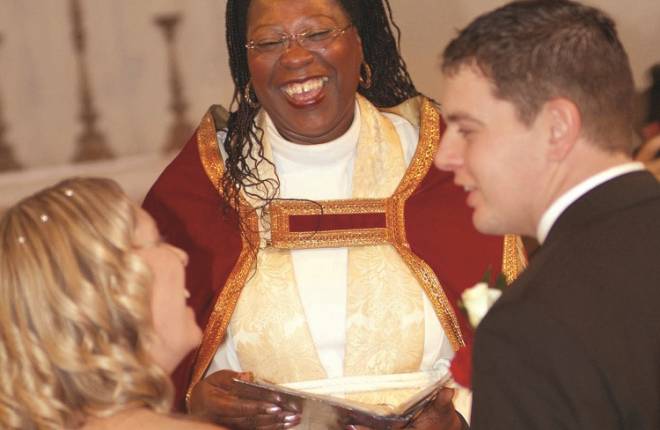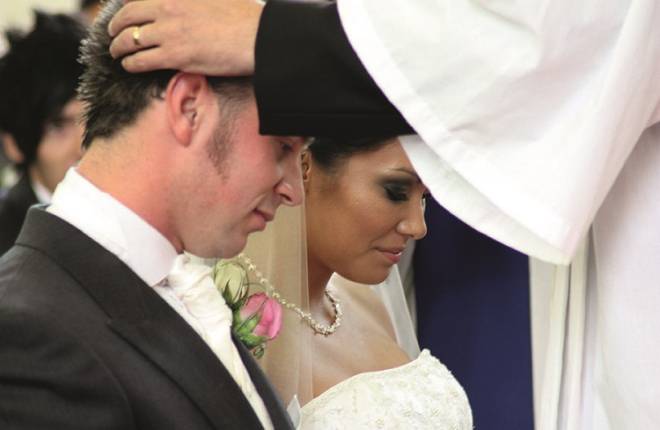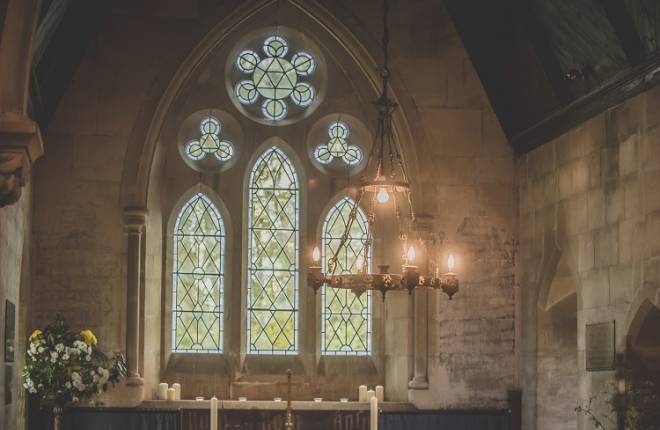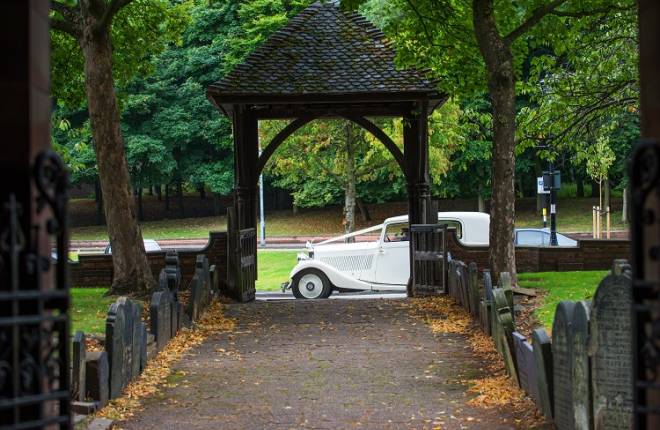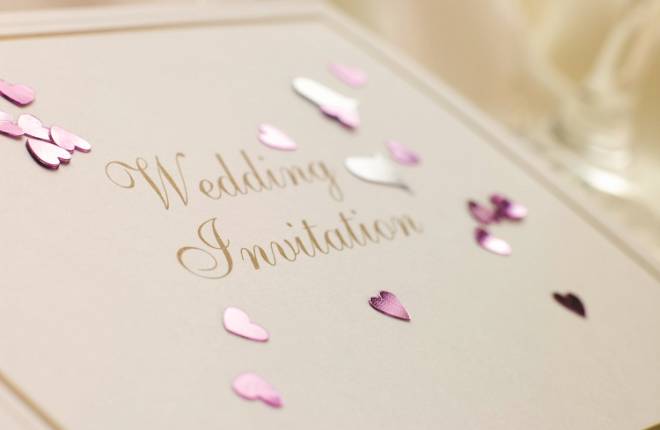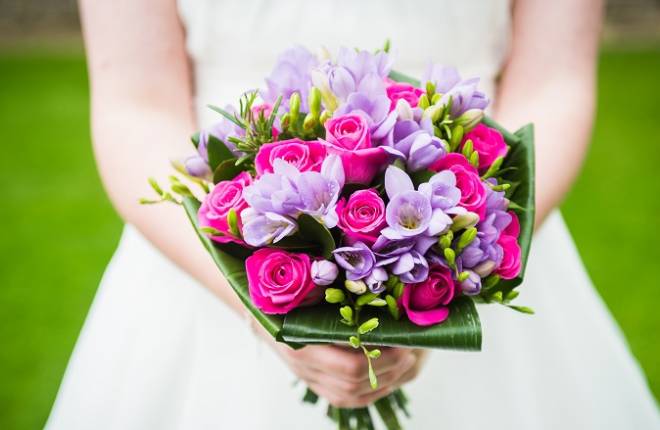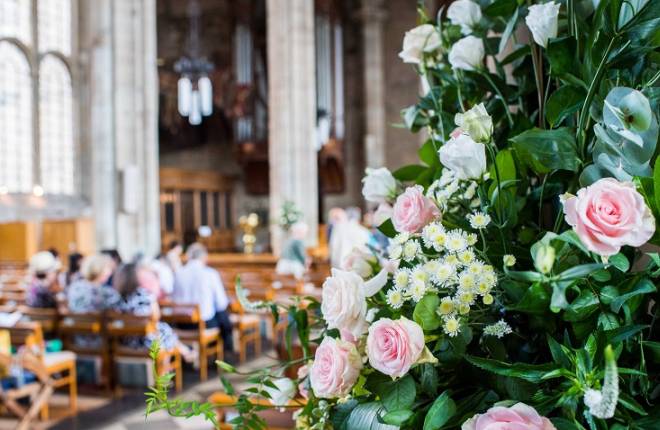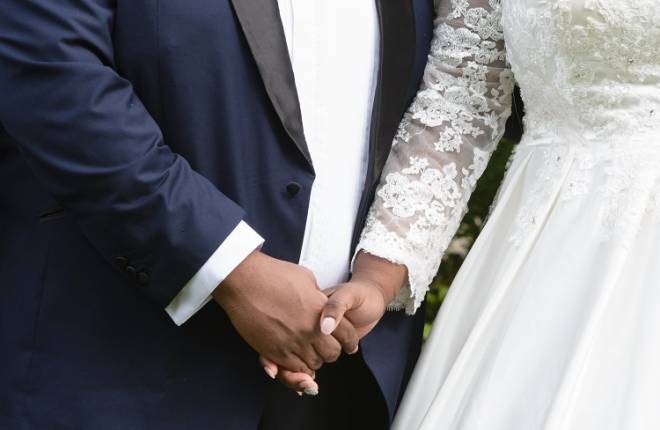For weddings due to happen in the summer of 2020/2021, church closures during the coronavirus pandemic have meant that it may not have been possible to do the legal things you needed to do before your wedding.
Depending on your wedding date, it may not have been possible for your banns to be read, or you may not have been able to establish a legal connection with your preferred church by attending for six months, because the church was closed.
Marriage licences can help to solve some of these issues, so ask your vicar whether a Common Licence, a Special Licence or a Superintendent Registrar’s Marriage Schedule would be appropriate in your case. You don’t need to have banns read if you are granted any one of these licences.
A Special Licence or Superintendent Registrar’s Marriage Schedule might be suggested if you don’t have a legal connection with your preferred church and couldn’t create one by attending because churches have been closed.
NB: For weddings taking place after July 1st 2021, if either of you is not a national of the UK or Ireland and doesn’t hold Settled or Pre-Settled Status under the EU Settlement Scheme, you will need a Superintendent Registrar’s Marriage Schedule anyway to be able to marry. The only exception to this is if you have been granted a Special Licence by the Archbishop of Canterbury.
When would we need a Common Licence?
Common Licences might be recommended if you already have a legally-recognised connection to the church where you’re getting married but there isn’t enough time for banns. The application process is usually straightforward and the vicar will guide you on this.
Regardless of the pandemic, a Common Licence is needed when one or more of these situations applies to you:-
Your wedding date is too soon to allow enough time for banns to be read.
One or both of you are British but live abroad.
One or both of you live in the UK but your home is not in England or Wales.
Your home address is likely to change during the time when banns would normally be read out.
Here are some key facts about Common Licences:
- A Common Licence replaces the need for banns.
- If you already have a legally-recognised connection to the church where you’re getting married, a Common Licence application is usually straightforward and the vicar will guide you on this.
- If you don’t have one of the connections with your marrying church, and don’t have time before your wedding to create one, applying for a Special Licence or Superintendent Registrar’s Marriage Schedule may be suggested, depending on your circumstances.
- The granting of a Common Licence is at the discretion of the church legal official to whom the application is made, so is not necessarily a guaranteed route to marrying in a particular church.
- Part of the Common Licence application process requires you to swear an oath in person (in England) before a legal official. Couples who live abroad need to bear this in mind when planning a wedding in England.
- Common Licences can only be granted for a marriage to take place in a particular church and are only valid for three months.
- The fee for a Common Licence is around £200.

